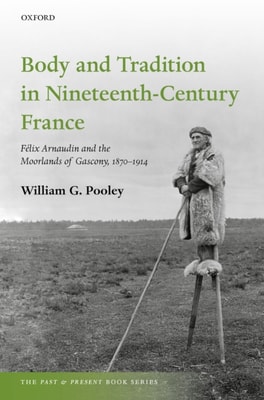Samuel Gompers, the charismatic chief of the American Federation of Labor at the turn of the century, claimed to represent the interests of all workers in North America, but it was not until American corporations began to export jobs to Canada via branch plants that he became concerned with representing Canadian workers.



